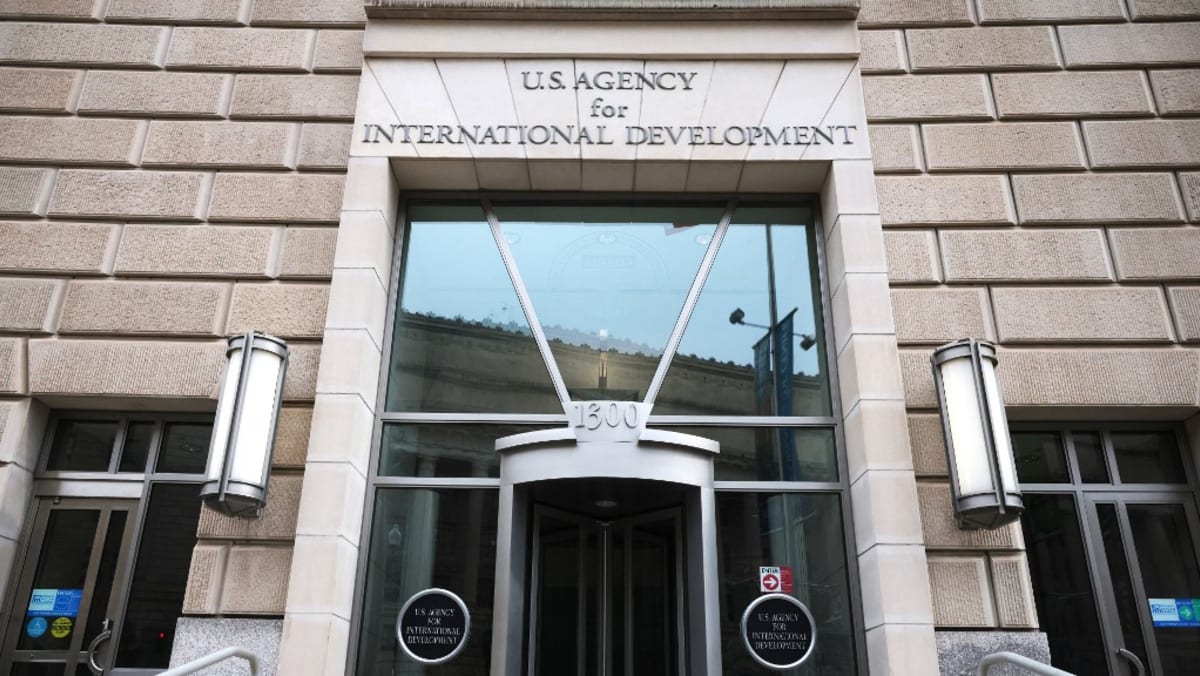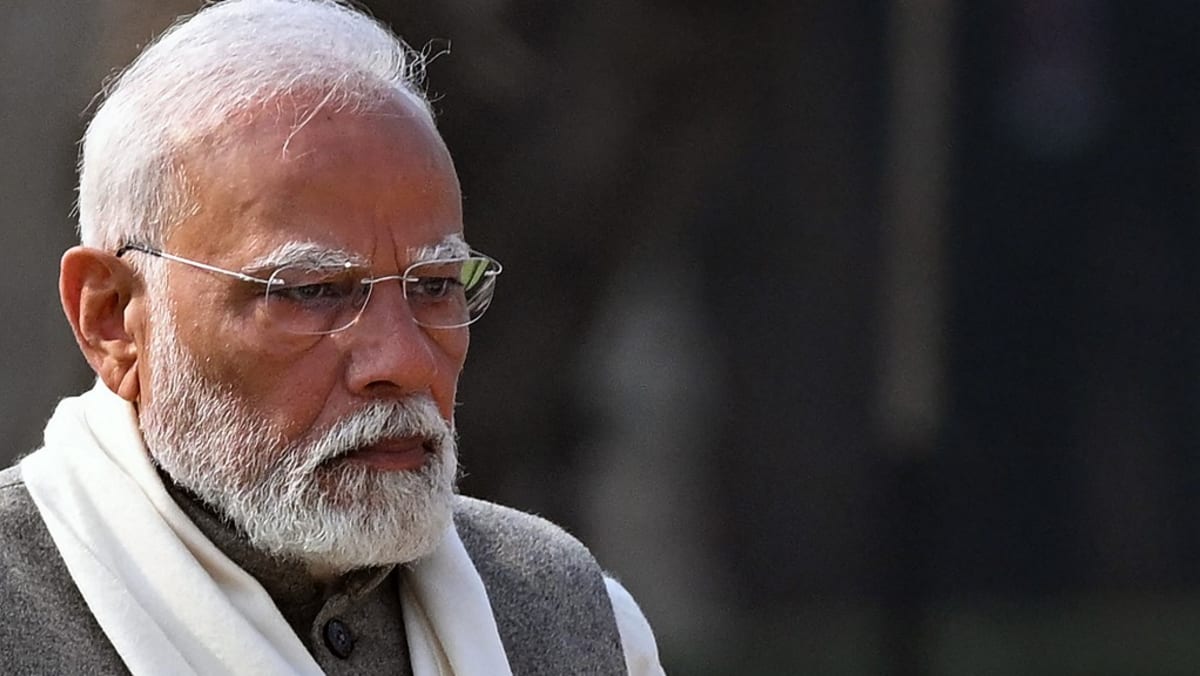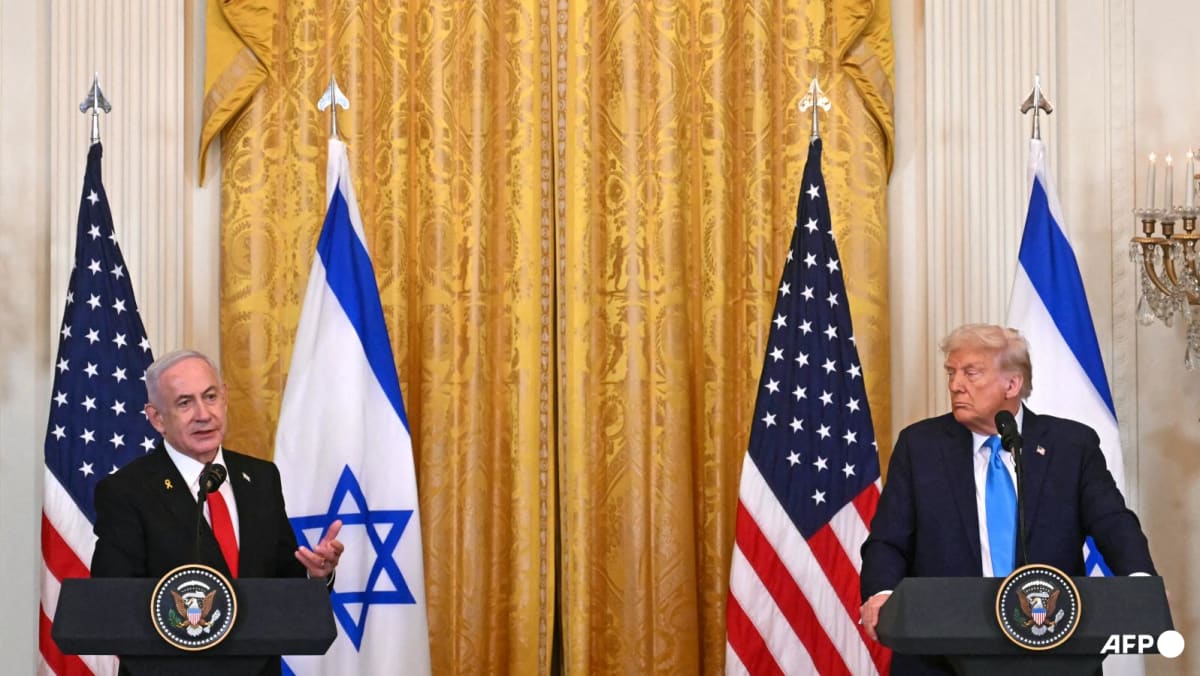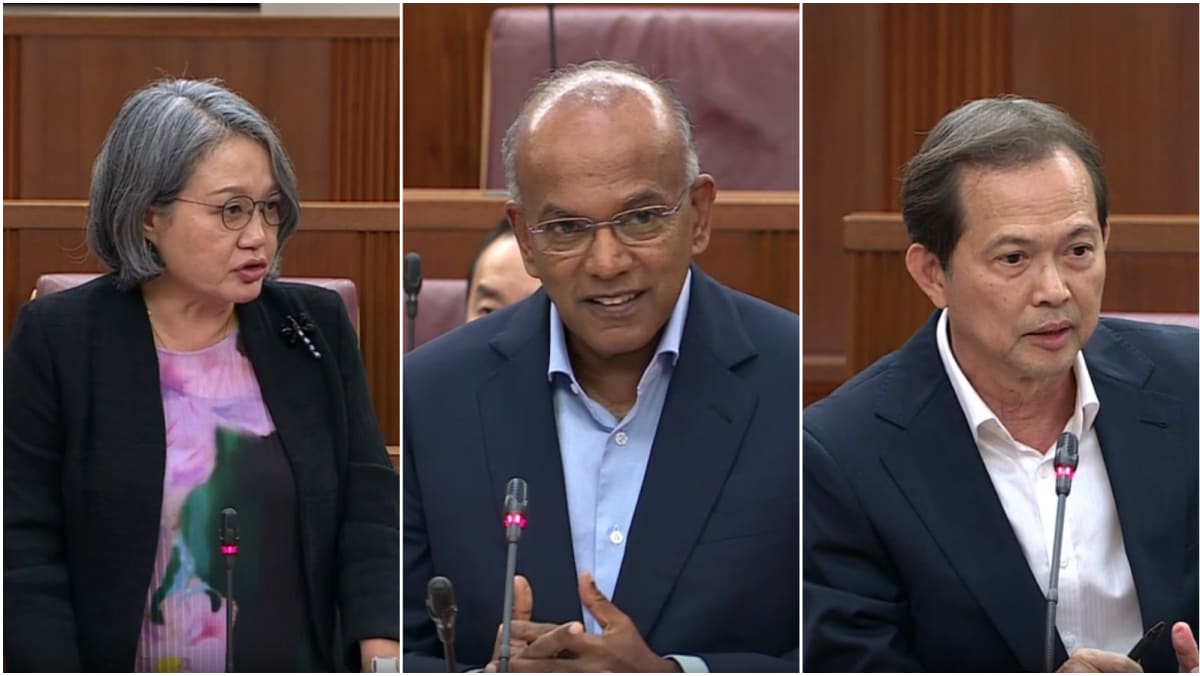LONDON: The Penderyn Distillery in Wales has been selling whisky for two decades. It prides itself on its Welsh origins, and exports its products to countries all around the world.
While it sometimes faces steep export tariffs, this is expected to change in some markets, with the United Kingdom officially joining the free trade bloc Comprehensive and Progressive Agreement for Trans-Pacific Partnership (CPTPP) on Sunday (Dec 15).
Penderyn will be one of the businesses set to enjoy lower export tariffs in member nations like Malaysia, which over the next few years will get rid of its 80 per cent tax on British whisky.
“Alcohol doesn't always cross boundaries very easily because there are always taxes, alcohol duties and all the rest of it that you have to consider …Those things can make exporting a bit more challenging,” said the firm’s CEO Stephen Davies.
“The more we can reduce those barriers and the easier we can … trade … the better off we will be as an industry.”
The UK is the only European member in the trade grouping and the second largest economy after Japan. Other members are: Australia, Brunei, Canada, Chile, Malaysia, Mexico, New Zealand, Peru, Singapore, and Vietnam.
IMPACT OF UK MEMBERSHIP
The move – the UK’s biggest trade deal post-Brexit – will allow it to strengthen economic ties with Asia, which is set to account for more than 40 per cent of global gross domestic product (GDP) by 2050.
David Henig, director of the UK Trade Policy Project at think tank European Centre for International Political Economy, said joining the bloc allows Britain lower tariff or tariff-free alternatives from China – its fifth largest trading partner.
British High Commissioner to Singapore Nik Mehta noted that the 12 economies in the CPTPP, including the UK, together account for 15 per cent of global GDP.
“It’s a really significant trading bloc, so being a part of that creates new opportunities for UK businesses, and it hopefully boosts trade investment with many countries in the region,” he told CNA’s Asia First on Monday (Dec 16).
He added that the UK brings with it strengths in areas like the environment and digitalisation.
He pointed out that while the UK has bilateral free-trade agreements with countries like Singapore, being part of such a bloc together will modernise such deals.
“When many of these agreements were initially put in place, the provisions didn't account for new sectors – digitalisation, for example, or new investment relationships,” said Mr Mehta.
“So even for countries (with existing) agreements … this is a real boost to our relationship.”
POLITICAL MOTIVATIONS BEHIND MOVE
However, with only a few sectors – such as alcohol, machinery, and medicine – expected to benefit, some observers believe the UK’s membership is more politically than economically motivated.
Being a member gives the UK a seat at a table for an important regional trade agreement, said Peter Henry Goldsmith, chair of the House of Lords’ International Agreements Committee.
He noted that China and Taiwan – which have ongoing political tensions – have both applied to join the CPTPP.
“How do you deal with that? So I think it does give the UK a possibility of having influence, and that's one of the reasons that we welcome the agreement,” he said.
The House of Lords, the second chamber of the UK parliament, plays the role of examining bills, questioning government action and investigating public policy.
According to the UK government's projections, the estimated increase in its GDP from joining the CPTPP is 0.08 per cent over 10 years. This is partly because the UK’s main trade partners are the United States and European Union.
The UK is also waiting to see whether Donald Trump, incoming president of the US will implement trade barriers like he has promised, said Mr Mehta.
Trump late last month pledged big tariffs on the country’s three largest trading partners – Canada, Mexico and China.
“Our government has been clear in its messaging that we think potential trade tariffs imposed on any country will have an impact not just on the US economy, but on the global economy, and that includes the UK,” said Mr Mehta.
“We’ll be speaking to our US counterparts and urging for free and open trade as the way to increase wealth in all countries … That's a big reason for why we've joined CPTPP.”

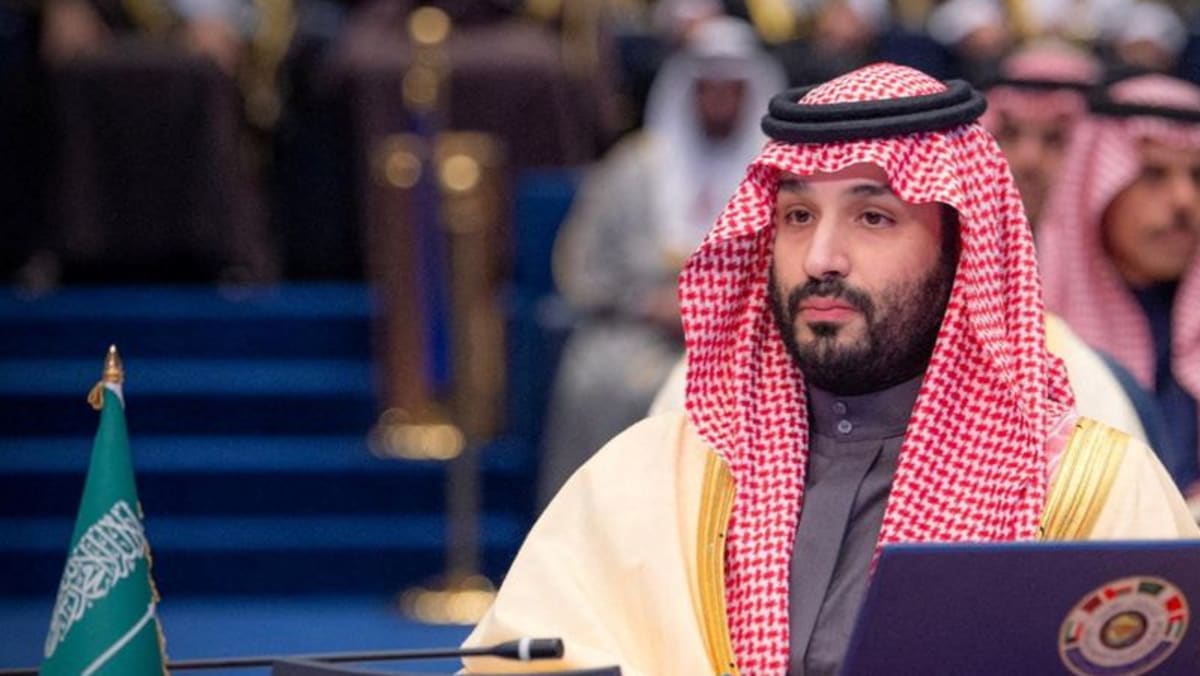

.jpg?itok=HVcXoYme)

